Instead of Doing More, Identify What to Subtract→Shift
In HBR’s Jan/Feb 2024 edition, I read an article about “addition sickness”. My immediate reaction was yes, I see it everyday in the clients I advise. It feels like there’s always more to do, and never enough time to do it all. And often times, the solution for a challenge is something new to add to the already endless list.
So I found myself thinking, is there something we can fundamentally change to combat addition sickness? How can we reframe our approach that gets us closer to a solution but doesn’t require us to keep piling on? And how do we teach this in a simple and sticky way that becomes an everyday approach that we can all start practicing right away?
I believe the answer is yes, and here’s a framework I came up with that I’d love for you to try: subtract—>shift. The next time you find yourself tackling a challenge, try this:
Subtract: Identify what you will stop doing
Shift: Determine the behaviors you will be doing differently
Research has shown that our mental shortcuts (heuristics) default to adding things to our to do list when we’re figuring out how to solve a problem. But just because it’s the default, doesn’t mean it’s better. Removing something from our “mental clutter” is a different problem solving approach that we can start practicing right away, and become better at the more we practice it.
Here are a few recent examples of how this framework has helped me (and my family/friends/colleageus):
My teenage daughter and I butt heads.
Subtract – stop treating the conversation as if I need to be “right”.
Shift – instead of focusing on what I want to say, I’m focusing more on listening to what my daughter wants to say
Navigating difficult conversations at work, such as giving a teammate constructive feedback
Subtract – stop avoiding the difficult conversation
Shift – have the conversation by sharing my positive intention of helping my teammate, and share feedback keeping it specific and focused on the behavior, not the person
My colleague has recently been given more responsibilities without additional resources, and is having to do more with less
Subtract – stop treating the to do list as if all things are equally important – as it will lead to burn out!
Shift – apply a more strategic lens to planning time spend each week, using a tool like the impact/urgency prioritization grid (similar to Eishenhower matrix)
The outcome of using this framework is the removal of everyday challenges one by one, making our lives a little less stressful each time we shift our behaviors to resolve a problem.
